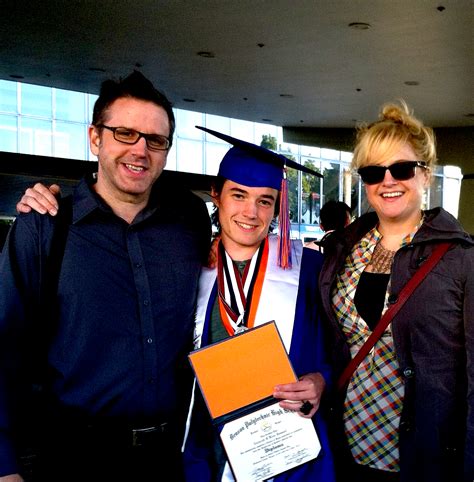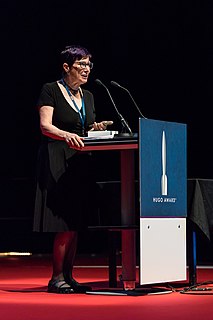A Quote by Kevin Sampsell
One thing that is sometimes forgotten in this "future of books" discussion is that there are all these awesome presses - big and small - that are producing and designing amazing books.
Related Quotes
I read a lot of books. I read because it inspires me and shows me paths that I could never imagine. Sometimes those paths are horrible and sad, and sometimes they are hopeful and amazing. Not always are they paths to the future, and sometimes the paths are actually about the past but make sense when applied to the future. Books are amazing.
The books in Mo and Meggie's house were stacked under tables, on chairs, in the corners of the rooms. There where books in the kitchen and books in the lavatory. Books on the TV set and in the closet, small piles of books, tall piles of books, books thick and thin, books old and new. They welcomed Meggie down to breakfast with invitingly opened pages; they kept boredom at bay when the weather was bad. And sometimes you fall over them.
I have a lot of artifacts - books on witchcrafts and talismans. I have a big, big collection of original occult books from the 1800s and 1700s, and some of the oldest books on apparitions and vampires. All original printings. It's not that I'm a crazy believer, I just find it to be amazing research material.
You know how some people are upwardly mobile? I'm sort of downwardly mobile in the publishing world, because of my sales figures and also because of the kind of books I write. Everything really counts on sales. I started out with a bigger press, my first few books. But I've always done some things with independent and small presses and small magazines and I always will.
The current publishing scene is extremely good for the big, popular books. They sell them brilliantly, market them and all that. It is not good for the little books. And really valuable books have been allowed to go out of print. In the old days, the publishers knew that these difficult books, the books that appeal only to a minority, were very productive in the long run. Because they're probably the books that will be read in the next generation.




































